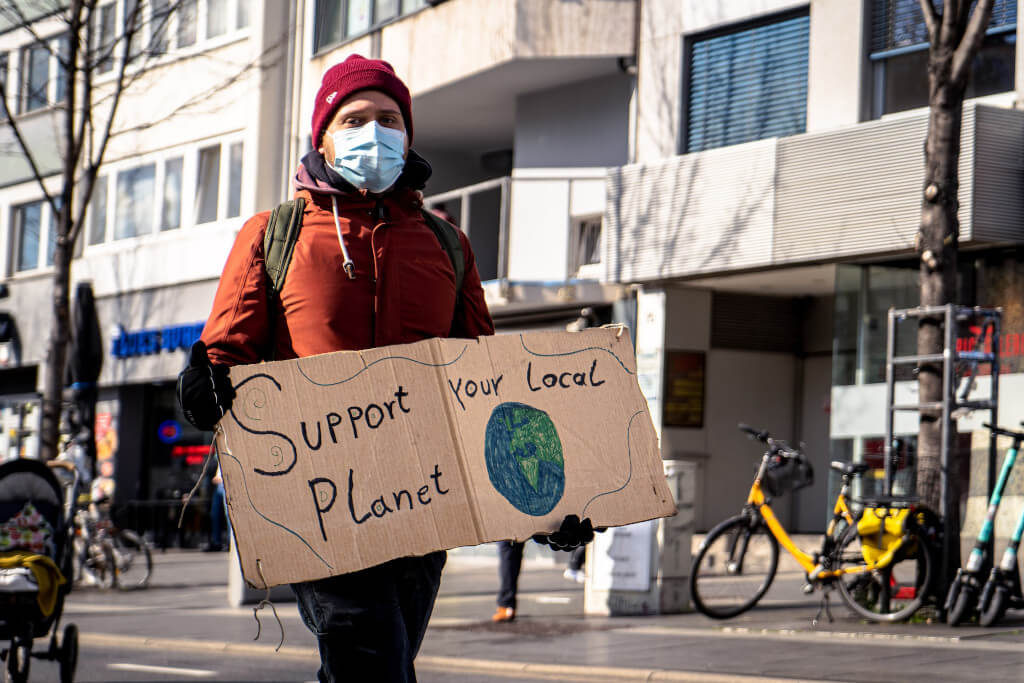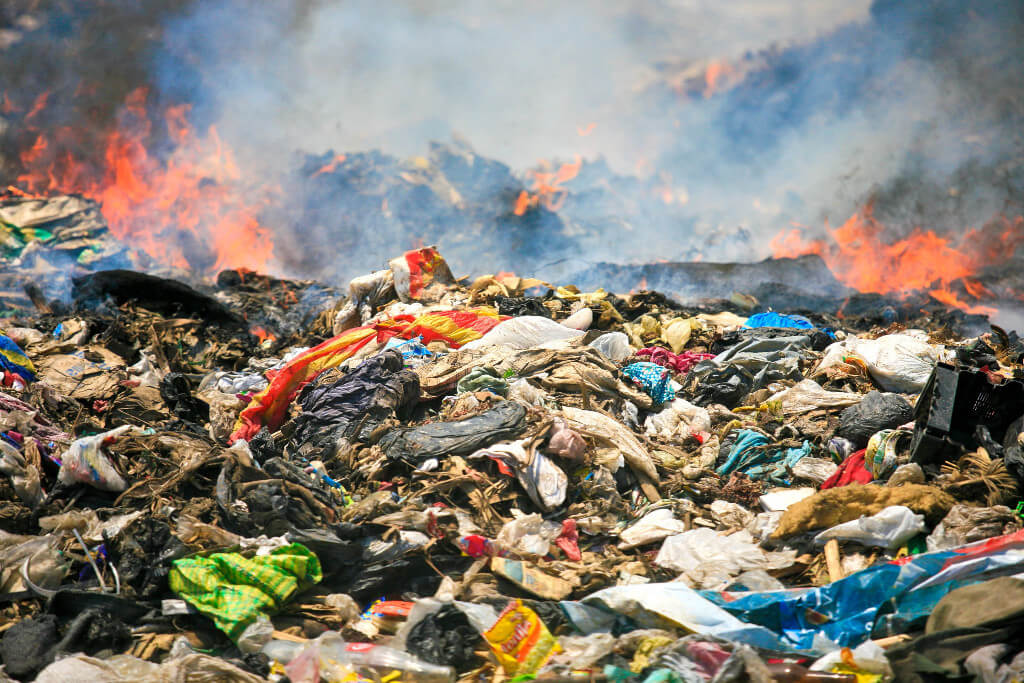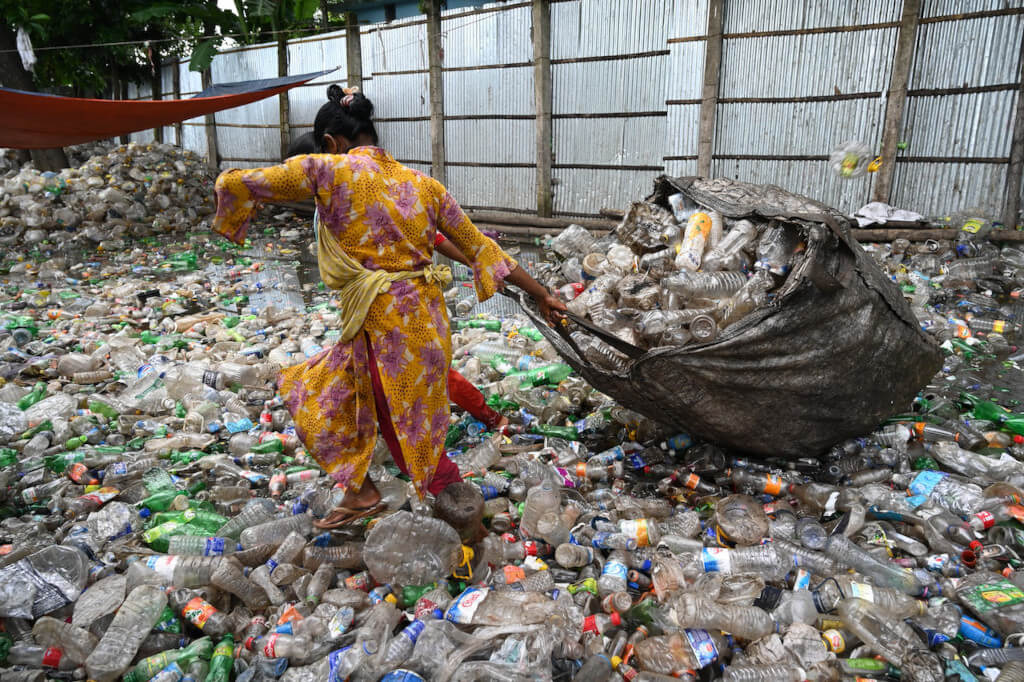Why bother keeping track of your carbon footprint? What’s wrong with drinking from a paper cup? When looking at a package, what is it that the triangle on one corner always represents? You can learn this from people whose values have shifted from being purely materialistic to also being environmentally conscious. Those who have learned to live in harmony with the natural world will be in a position to share their knowledge and help others develop a similar outlook. So, let’s collaborate to fully understand these concepts and the mindsets that accompany them.
Differentiating Between Eco-Friendly and Eco-Responsible Ideas
Take a Look at the Definitions of These Concepts in Dictionaries as a Starting Point
As with the noun “ecology,” which means “the scientific knowledge that engages with the realm of thoughts and occurrences concerning the environment,” the adjective “ecological” describes something that is associated with ecology. For something to be considered harmless, it must not violate any ecological principles or cause any harm to the natural or living environment.
Ecologically minded individuals obey environmental regulations, have an intuitive grasp of nature’s workings, and exercise restraint when exploiting the planet’s finite supplies of raw materials. For the sake of clarity, let’s say that someone is worried about the environment. When compared to this, eco-friendly ways of thinking are marked by a lack of negativity and restraint in interpersonal interactions.
The study of ecology is still relevant today, with important applications in a variety of fields, including education, fitness, and public safety. These topics all have something to do with the environment, the way humans affect the environment, and the study of the relationship between the two.
Materials and Objects That Pose No Danger to Humans or Other Animals Are Classified as Harmless
It takes into account not only the production process (how many resources were used, what was emitted during manufacturing), but also the usage process (exhaust gases, breakdown, and recycling) (whether it is possible, how labor-intensive). Furthermore, an eco-friendly outlook could be adopted towards, say, event-goers. In other words, the concept emphasizes doing things and making sure they don’t hurt anything, whether it’s the natural world or something else.
Related to these unusual terms is ecosophy, the merging of ecology and philosophy. The human-nature relationship is being investigated from many angles as of late; this includes the personal and ethical, as well as the aesthetic and spiritual.
Ecological Balance or Harmony is the Goal of This Philosophical Strategy
Integrating with environments is possible through practises from the realm of “deep ecology,” such as ritualised forms of action, introspective routines, the activation of “evolutionary memory,” and “eco-breathing” techniques. Giving back to the environment is a great way to practise self-care. A subset of ecosophy known as “personalistic ecology” advocates for reducing human interference with natural processes and increasing natures say over humanity and the planet’s collective destiny.
All of these concepts are related in an intuitively obvious way. On the contrary, we argue that environmental thinking is an essential part of environmental consciousness. That’s not even close to a comparison between the two. One could have a scientific understanding of ecology but still reject the idea of a risk-free environment. Or, they may worry about their environmental impact but know nothing about global warming.
Factors Necessary for the Development of Ecologically Conscientious Ideas
More and more individuals around the globe gain an understanding of a wide range of topics each year. An awareness of the environment is not an outlier. Scientists attribute some of this issue to globalisation and the easiness with which data is accessible. On the other hand, some maintain that this idea is intentionally accepted by the general public because its adherents do not follow any other worldview. But it’s undeniable that modern life compels everyone to think more sustainably.
It’s Not Hard to Figure Out Which Way the Market Is Generally Heading

In addition to proving that our planet is suffering, the yearly repetition of devastating natural disasters shows that humanity has good reason to be afraid. However, scientists and academics pay more attention to environmental concerns than the average citizen. The number of people looking for data on climate change has increased fivefold since activist Greta Thunberg’s viral speech. Therefore, it is crucially important for people to keep track of how their actions affect the planet.
An increasing number of high-profile manufacturers and thought leaders are discussing it. One of the marketing strategies employed by multinational corporations today is emphasising the environmental friendliness of the products they sell. Mechanisms of the market are responsible for the application of scientific findings, the control of industrial processes, and the enhancement of ecological conditions.
However, this trend is often misunderstood and has unintended consequences due to the public’s lack of knowledge about the environment and its effects (for instance, the sale of paper bags under the guise of a more environmentally friendly product). Consequently, many groups dedicated to spreading knowledge and advocating for change have sprouted up in different parts of the world. Despite this, the average person has not made protecting the environment a top priority.
The Environment and Holistic Approaches Go Hand in Hand
As a way of understanding something, “holistic thinking” involves looking at its interconnections with other concepts. To be distinct from the whole while retaining operational independence entails sharing some of its components while also needing them. The individual becomes fascinating and significant to others when they reveal their full potential in terms of their distinctive behavioural patterns. Teen Patti, like any other potentially stressful activity, can be handled calmly and responsibly.
How to Think Sustainable from the Ground Up
How can we make the world a better place and be viewed as caring individuals? To begin, adopting a green lifestyle means not disrupting the natural order and instead doing everything possible to preserve it. The human race is used to having its way and has developed a taste for power. On the contrary, an eco-friendly individual doesn’t try to mould the world into something that fits their preferences. His fundamental ideas are as follows:
- Admiring things for what they are and not trying to alter them
- Despite limited means, try to maintain your positive outlook.
- To not spend more money than is required Refusing, reducing, reusing, recycling, and composting are all
- Components of Zero Waste technology, which can be used to improve environmental conditions.
- Avoiding negative consequences for others.
- Remember to clean up after your actions.
How Does One Cultivate a Concern for the Environment Within Themselves?

It’s already challenging enough to try to integrate and uphold every ideal in your life at the same time. In some cases, this requires more than just a shift in behaviour and the adoption of new habits; it also calls for a fundamental shift in one’s worldview. No one but the most introspective of us would be ready for this.
To get started, however, we’d rather not start with an equation for reorganising one’s attitudes but rather a distinct list of actions that are originally needed for an individual to obtain ecological thinking. Keeping up with your interlocutor and your environment is essential for successful peaceful communication. A few instances of effective, nonviolent dialogue are as follows:
- We have set up a system of monitoring and are now collecting data from reliable sources. It’s best to not jump to conclusions or make assumptions.
- We’re debating our reactions to the current situation. If you prefer a simpler formulation, you could, for instance, represent different feelings by drawing a circle around them.
- Finding out what needs to be done is the challenge. When characterising what you need, it’s important to be as specific as possible.
- You’re simply asking for something that would greatly benefit someone else’s life if they got it. Don’t beat around the bush; make a clear suggestion that will improve your state of mind.
The universe in which we exist is more a universe of actions than of things. Therefore, the greater our range of choices, the more accountability we have for how they affect the world and the lives of others. The contributions of someone who has grown to value and protect their environment goes far beyond mere material ones.
A healthy connection between a person and his or her own opinions, behaviour, skills, principles, and beliefs can flourish with the help of supportive others. We call this “internal environmentalism” to describe this kind of thinking. Realising one’s full potential for awareness requires a radical shift in perspective, the cultivation of healthy relationships, the appreciation of intangibles, and a growing sense of trust in one’s path in life.



